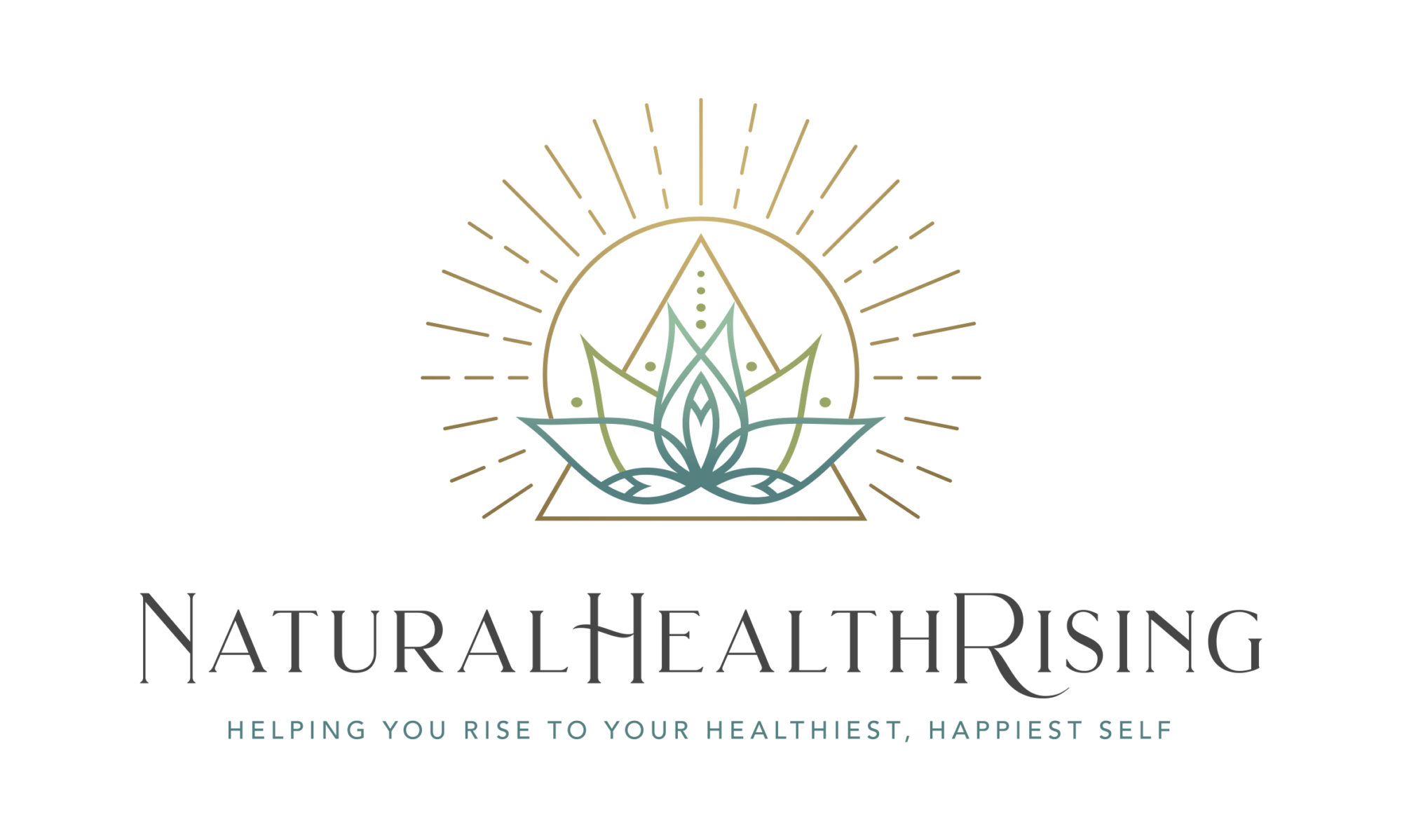
You are what you eat. Consequently, what you consume from your plate will affect your mental health.
Western Dietary Patterns and Mental Health
According to a 2019 Systematic Review in the International Journal of Preventive Medicine, “Several healthy foods such as olive oil, fish, nuts, legumes, dairy products, fruits, and vegetables have been inversely associated with the risk of depression and might also improve symptoms. In contrast, western dietary patterns including the consumption of sweetened beverages, fried foods, processed meats, [and] baked products have been shown to be associated with an increased risk of depression in longitudinal studies. Diet and nutrition offer key modifiable targets for the prevention of mental disorders.”
Relationship between Prenatal and Postnatal Diet and Your Mental Health
The importance of food and your cognition and mood goes all the way back to before you were even born. “Prenatal and postnatal diet is important to the mental health of the mother but also has implications for mental development and cognition of her offspring.” Then as children, those consuming foods high in sugar and saturated fats, like baked goods, sugary soft drinks, and other processed foods are not only related to obesity, diabetes, and other diseases, but this diet drastically impacts mental health and brain development. There’s a link between ADHD and other behavioral and emotional and consuming snack foods. They are linked to the typical standard American diet. These poor diet patterns and mental health issues then bleed into adulthood.
Foods That Boost Cognition
Serotonin influences your mood while dopamine influences your motivation. Therefore, it’s very important to consume enough foods including these amino acids, such as grass-fed beef, organic turkey, and wild-caught salmon.
Other foods that boost cognition and mood include mackerel, sardines, avocados, olive oil, berries, green tea, broccoli, and other vegetables.
Relationship Between Intestinal Permeability and Mental Health
You have a very important gut barrier that acts as a wall to keep foreign invaders out of your bloodstream. However, with repeated exposure to a poor diet, food sensitivities, infections, pharmaceuticals, over-the-counter medications, drugs, alcohol, and stress… the gut barrier will break down.
Villi and Microvilli
You have fingerlike projections on the gut barrier or gut wall called villi and microvilli. These make up the brush border of this wall. You have certain enzymes within this border all of which help break down food. Once these structures become damaged, you also damage the enzyme production. You also reduce your ability to break down food and reduce your ability to absorb nutrients.
What Happens When The Intestinal Wall Breaks Down?
The wall breaks down and you aren’t digesting food. This means that all of those toxins, drugs, and food particles that should stay =out of your bloodstream, can now enter. You’ll start to develop vitamin and mineral deficiencies since you’re not breaking down food properly. You’ll also notice immune responses will trigger fatigue and brain fog while toxins and food particles slip into your bloodstream, and while your body becomes depleted of nutrients.
So even if you are consuming adequate protein, your body may not be absorbing those amino acids, therefore letting mental health issues develop because levels of serotonin and dopamine drop.
Happy Mental Health Awareness Month. If you or a loved one is struggling with depression, anxiety, and other mood-related disorders… take a look at what you or they are consuming! Taking care of yourself with nourishment is just one step you can take towards a healthier, happier you.

Recent Comments